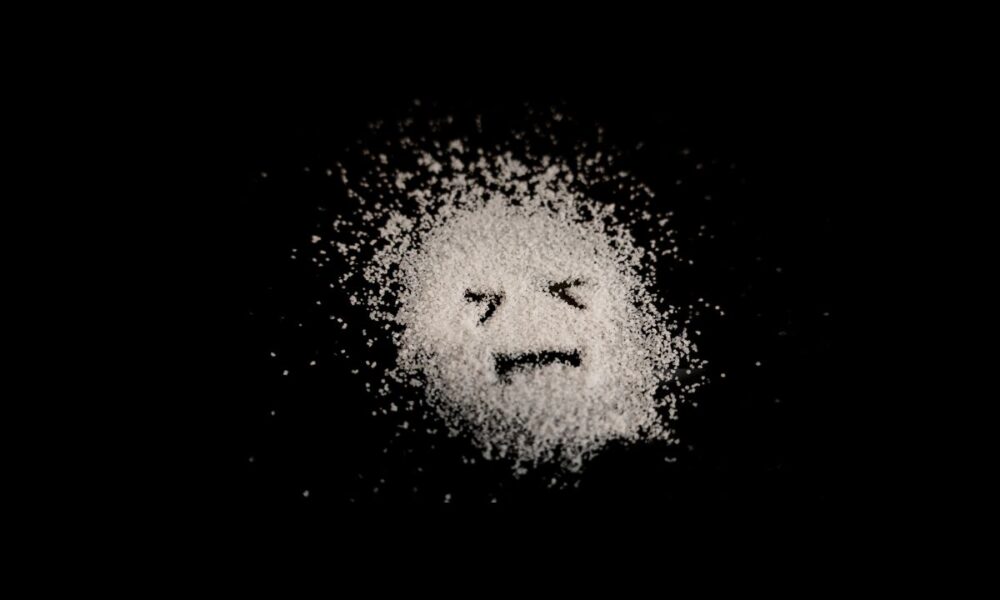A high-salt diet may contribute to depression by triggering an immune response that produces a protein linked to mental health disorders, according to a recent study.
The findings, published in The Journal of Immunology, suggest that reducing salt intake could serve as a preventive measure against depression and may inform new treatment strategies.
Researchers at Nanjing Medical University found that mice fed a high-salt diet (HSD) for five weeks exhibited depression-like behaviors, including reduced exploration and decreased activity, compared to mice on a standard diet.
The study identified elevated levels of interleukin-17A (IL-17A)—a pro-inflammatory cytokine previously associated with depression in human studies—in the spleen, blood, and brains of the HSD-fed mice. Notably, mice genetically modified to lack IL-17A did not display depressive symptoms, even when fed the same high-salt diet, confirming the cytokine’s critical role.
“This work supports dietary interventions, such as salt reduction, as a preventive measure for mental illness. It also paves the way for novel therapeutic strategies targeting IL-17A to treat depression,” said Dr. Xiaojun Chen, who led the study. “We hope these findings encourage discussions on salt consumption guidelines.”
The research also pinpointed gamma-delta T cells (γδT cells) as the primary source of IL-17A in HSD-fed mice, accounting for approximately 40% of the cytokine production. Depleting these immune cells using a monoclonal antibody significantly reduced depression-like behavior, suggesting a potential immunological treatment pathway.
These findings align with previous human studies linking excessive salt intake to worse mental health outcomes, while diets lower in sodium have been correlated with improved mood and cognitive function.
High-salt diets—especially those driven by processed and fast foods, which can contain up to 100 times more sodium than home-cooked meals—are already known contributors to cardiovascular and autoimmune conditions. With major depressive disorder affecting roughly 15–18% of the U.S. population and ranking among the top global causes of disability, the study underscores the broader mental and physical health consequences of excessive salt consumption.
Dr. Chen’s team plans to validate these results in human subjects and further investigate how salt intake activates γδT cells. The goal is to develop therapies that target the immune system rather than rely solely on traditional neurochemical-based treatments.
This research reinforces the growing body of evidence connecting diet and mental health—offering a straightforward takeaway: cutting back on salt may benefit both the heart and the mind.


